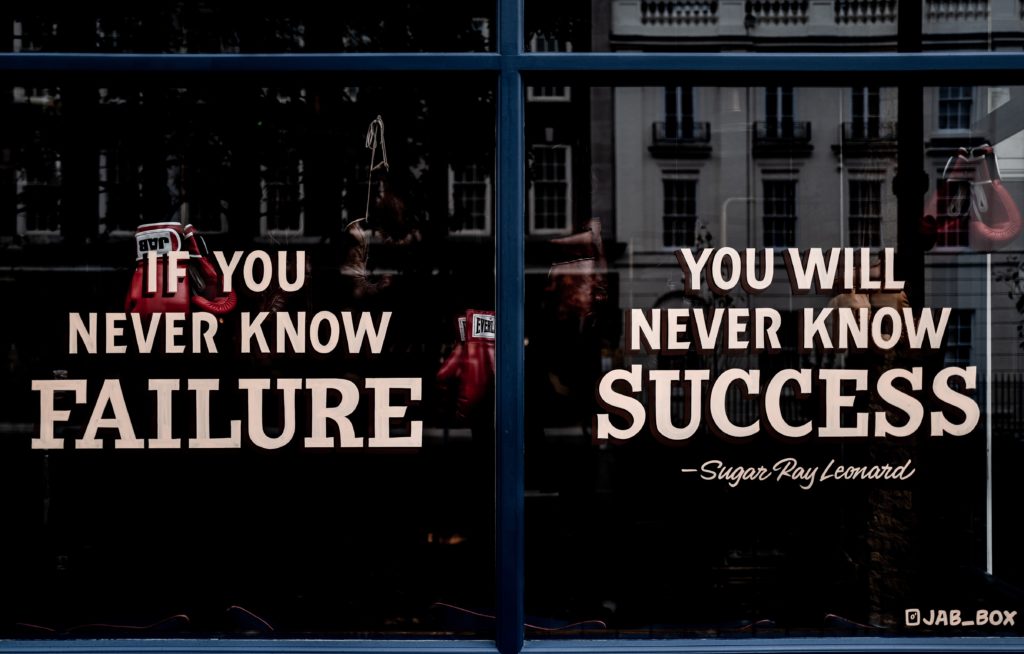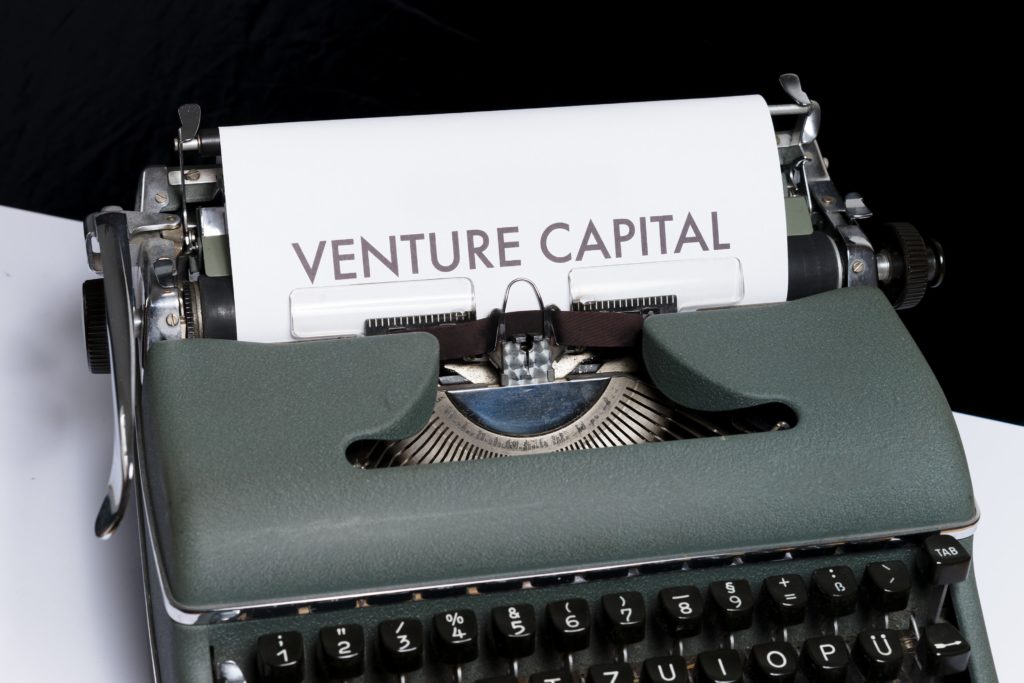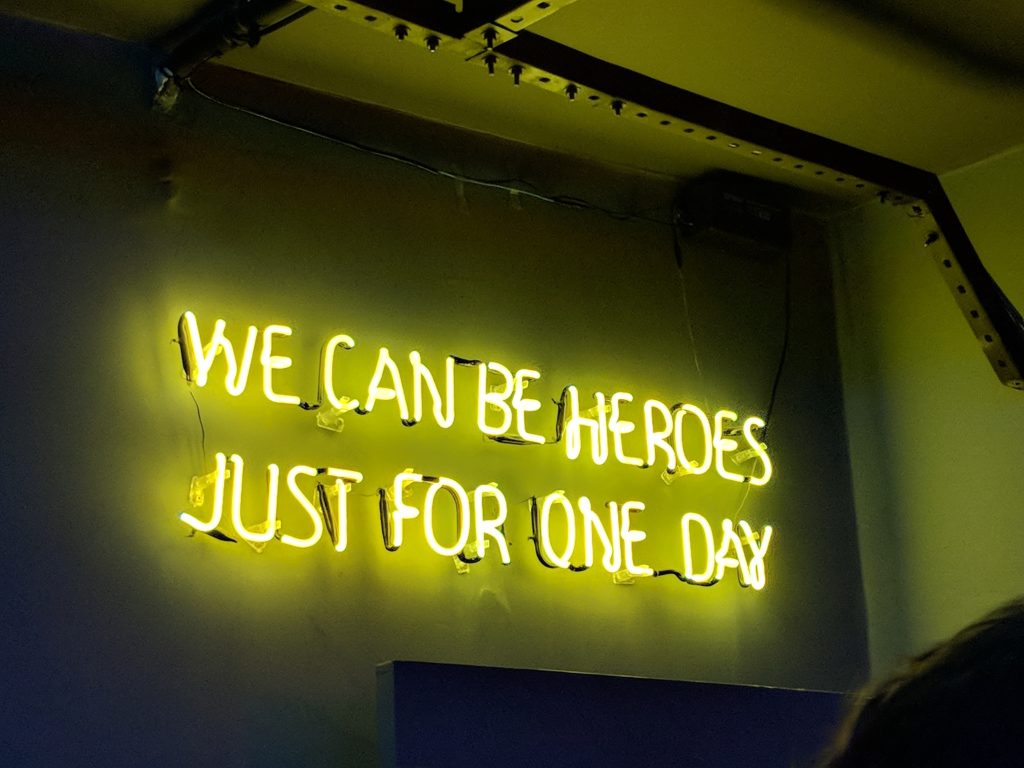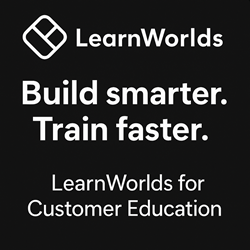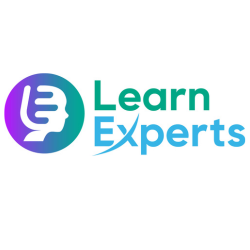This is the time of year where we see conferences like DevLearn (which we spoke at last year), The Guild’s Learning Conference, and this year, for the first time ever, we had a three-week run of Customer Education conferences!
Now, these were all online conferences since we’re in the midst of Covid-related travel and gathering restrictions, but in a way this may have enabled us to see what we saw this year – three customer education conferences in a row!
So what were the conferences?
The fun started with CEdMA’s annual conference, continued with Skilljar Connect next week. We’ve spoken at both of these conferences before, and they were joined by a new, third conference – Thought Industries COGNITION.
Instead of recapping each conference individually, this episode is a rollup of all three featuring some of the themes and trends we saw along the way!
The Shift to Online Conferences
In this episode we begin by exploring the Pros and Cons of our Shift to Online Conferences.
Online or Virtual conferences are hard to pull off. The main uptick for most attendees is that we have a lot more flexibility. Recordings are typically available for all sessions, so this really helped many of us with busy schedules pick and choose and catch up if we missed anything.
Of course, there are cons. New technologies and the complexity of working with many integrated technologies, and even our own Internet (or lack thereof) caused some issues. We personally experienced some of this, but as Customer Education folks we rolled with the punches.
CEdMA Connect 2020
CEdMA’s Connect 2020 event was the first stop on our tour where we presented our Customer Education Manifesto for the first time (and do a to a live audience!).
We enjoyed the keynote from Bill Cushard – “The Next Big Thing in Customer Education”. The “7 Habits of Inclusive Leaders” from Melissa Majors was a great addition that injected much-needed DE&I content. Alessandra Marinetti delivered a great case study on the development of Box’s event-based Certification Program, and much more.
Skilljar Connect 2020
Of all the events we attended, Skilljar Connect 2020 takes the prize for being the most social – leveraging Hopin to satisfy the missing puzzle piece of networking.
Skilljar executed well on this event – deploying a content track in addition to more traditionally table steaks of material focused on leadership, strategy, monetization, and more. For example, Debbie Smith from Braze was a huge hit (worth watching if you couldn’t make it). Randon and Kyle from JAMF dropped sage advice on creating content at scale.
Beyond this we experienced some great material from OSISoft on Training a Global Audience, the LinkedIn education teams (and yes, there are many) talked about aligning across several product lines, and the Slack team shared how they assembled their Study Guide for their new Certification.
We did our first ever Live Mailbag episode based on the popularity of our previous mailbag episodes. We had so many questions that we’ll be hosting another mailbag episode very soon!
Thought Industries – COGNITION 2020
Last, but certainly not least, was COGNITION 2020!
We iterated on our “6 Principles” and presented again at COGNITION 2020, Adam presented “So you’ve created a customer education program – now what?” and both Adam and Dave participated in panels throughout the session.
Even so we attended some of the sessions too!
Daniel Quick’s Customer Education Playbook. We review our take on this but you should certainly download and read this for yourselves. If you’re new to Customer Education this is important as it aligns with the idea that you need to have both a strategy and a goal for your program … and leads you down the road to determining it!
One session that we thought was a great addition was Barry Kelly’s talk with Mark Roberge – the former CRO of Hubspot. For those of you in Customer Success, this is an amazing tale of the magic that can happen when you align cross-functionally to build amazing material.
And as with other events, Thought Industries welcomed Vernā Myers – VP of Inclusion strategy from Netflix who brought us back to the crucial trend of focusing more on diversity,inclusion, and belonging in our programs. We value this because of the implicit need – particularly as educators – to internalize ways to implement positive changes
Summary
There’s much more to talk about with these customer education conferences so make sure you listen to the episode in its entirety and make your plans for 2021!
We’re really pleased to see very strong options in 2020 for Customer Education teams. We’ve moved beyond Leaders and now there’s much more practical content for Practitioners too. Many of these events are open to everyone – not just customers. Keep up the great work in delivering powerful and impactful content
We can’t wait for 2021 and hope to see everyone in person!
